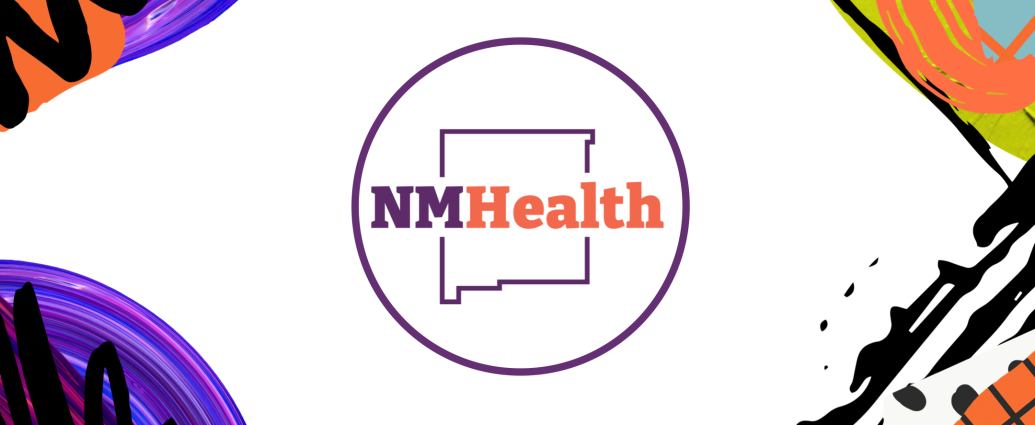SANTA FE — Navigating relationships—whether with family, friends, romantic partners, or even oneself—can be challenging at any age. To support young people in developing strong, healthy connections, the New Mexico Department of Health (NMDOH) is launching a video series on social media, running through May.
Hosted by youth mental health expert Dr. Katherine Grill and former NBA player and University of New Mexico Lobos men’s basketball legend Kenny Thomas, the videos share simple strategies young people can use to improve communication and trust.
The videos are produced with funding and guidance by the NMDOH Office of School and Adolescent Health and focus on preventing bad communication habits, encouraging youth to speak up and share their feelings.
“Healthy relationships help young people manage stress, build resilience, and develop a strong sense of self, all of which are crucial as they transition into adulthood,” said Tessa Medina-Lucero NMDOH statewide adolescent health coordinator. “We’re aiming to equip New Mexico’s youth with the tools they need to thrive, both now and in the future.”
Each video in the Building Healthy Relationships series is being posted monthly on the NMDOH YouTube channel and shared on the agency’s Facebook and Instagram accounts.
Adolescence is a critical developmental stage. Young people experience lots of physical, emotional, and social changes. As they grow, the quality of their relationships has a lasting effect on their mental health, resilience, and overall quality of life.
The video series is broken down into four parts:
- Self-Relationship: Adolescents who develop self-esteem, self-awareness, and self-respect are more likely to navigate challenges with confidence, set healthy boundaries, and make thoughtful decisions.
- Family Relationships: Building supportive family connections provide emotional security, guidance, and a sense of belonging, and provides a foundation for coping with stress, reducing the likelihood of mental health issues and risky behaviors.
- Friendships: Adolescents learn important social skills, empathy, and conflict resolution through their friendships, making it easier to create healthy peer relationships and reduce isolation.
- Romantic Relationships: Healthy romantic relationships teach young people vital life skills, such as communication, respect, and trust. These relationships serve as a foundation for understanding boundaries, consent, and mutual respect—skills that contribute to healthier, more fulfilling future relationships.
For more information about the Positive Youth Development Approach visit Youth.gov.
La X 96.7- Para Las Cruces, De Las Cruces


